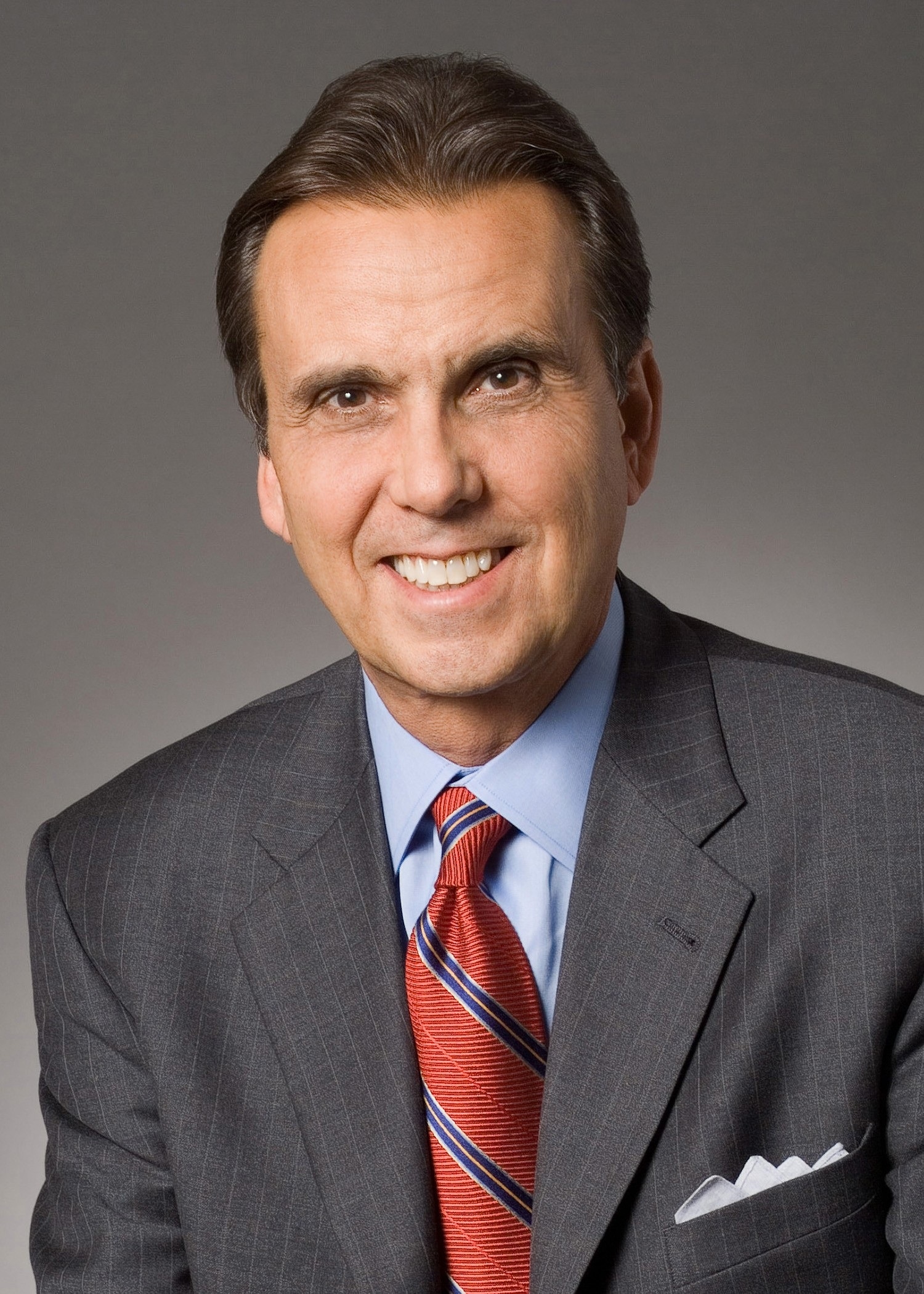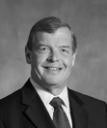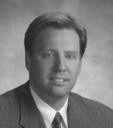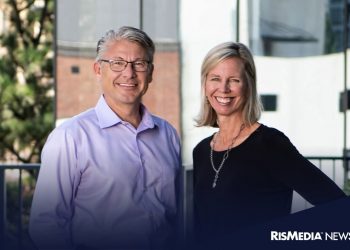
RISMEDIA, July 8, 2008-Whether you call it going back to basics or resorting to “old school” techniques and tactics, the training now offered to many agents is a stark reminder that success comes from knowledge and tried and proven strategies, coupled with the utilization of new technology and marketing tools. NAR has a variety of learning tools to help brokers and agents stay on top of their game in a changing market, including REALTOR® University, continuing education, designations and professional development opportunities, toolkits, field guides and more. Visit www.REALTOR.org/education for more information. This month’s expert panel shares their views on how the right education and training can benefit consumers and agents.

The Power Broker Roundtable is brought to you by the National Association of REALTORS® and Alex Perriello, NAR’s Special Liaison for Large Firm Relations. Watch for this column each month, where we will address broker issues, concerns and milestones.
Moderator: Alex Perriello, Special Liaison for Large Firm Relations, NAR
Participants:
- Bill Riss, CEO, Coldwell Banker Bain and Associates-Mercer Island, Washington
- Rick Haase, General Manager, Prudential Gardner Realtors-Metairie, Louisiana
Alex Perriello: What type of training and education strategies are you offering agents given today’s market conditions, and why?
 Bill Riss: We have held several agent “summits” throughout the company to address the changing dynamics of the marketplace. These summits are designed to help the agent refocus on strategies and tactics that had all but vanished in the sellers’ market of 2003-2006. A few examples: offering buy-downs as opposed to price reductions; correctly analyzing “demand” in a price point or neighborhood; benefiting from leveraged investments and proactive marketing (SOI, farming, social networking, etc.).
Bill Riss: We have held several agent “summits” throughout the company to address the changing dynamics of the marketplace. These summits are designed to help the agent refocus on strategies and tactics that had all but vanished in the sellers’ market of 2003-2006. A few examples: offering buy-downs as opposed to price reductions; correctly analyzing “demand” in a price point or neighborhood; benefiting from leveraged investments and proactive marketing (SOI, farming, social networking, etc.).
 Rick Haase: Our market has certainly been through a great deal of change and, as a company, we have responded. Within the last year, we have hired a very experienced director of training and education, developed a curriculum and launched a new series of highly interactive workshop-style courses. We designed the courses to help our sales professionals cope with today’s issues. The courses are organized by tracks, such as Technology & Web-Based Business Development, Buyers, Sellers, Business Planning, etc.
Rick Haase: Our market has certainly been through a great deal of change and, as a company, we have responded. Within the last year, we have hired a very experienced director of training and education, developed a curriculum and launched a new series of highly interactive workshop-style courses. We designed the courses to help our sales professionals cope with today’s issues. The courses are organized by tracks, such as Technology & Web-Based Business Development, Buyers, Sellers, Business Planning, etc.
AP: Have these strategies made a difference in boosting your productivity, profits and performance and, if so, how?
BR: Individual productivity of those who attended the summits is difficult to gauge in a contracting market, but agent reaction has been enthusiastic. They relayed feeling positive, better equipped, energized and motivated to return to “old school” real estate activities. Anecdotally, we believe we were very effective, in that we certainly heard success stories as a result of utilizing these tactics.
RH: While we have always offered educational courses, these new course offerings are raising our sales professionals’ appreciation of Prudential Gardner Realtors. Helping them see light at the end of the tunnel has raised morale and increased motivation, too. We are teaching them how to manage their business expenses and cope with tough market conditions. We are also teaching our people how to use more of the tools and services we have had in the company awhile.
AP: What is the biggest challenge you’re encountering in offering these strategies and urging agents to utilize them?
BR: We haven’t had to urge agents to utilize the strategies because they have been eagerly embraced. We have estimated that nearly half of our agents had never experienced a contracting market-and that agent segment was more than anxious to learn and apply these strategies because they were at a loss as to what to do. At the same time, experienced agents recognized the importance of reacquainting themselves with these market-critical concepts. Every summit (there were three) was promoted as an “event,” and each was SRO.
RH: We have a large organization with more than 1,300 sales professionals. It takes a huge effort to get the courses built and everyone deployed to the point that behaviors actually change in the field. We use the Plan-Do-Check-Act process created by William Deming, the father of Total Quality Management in America, to assure continuous improvement. RE










